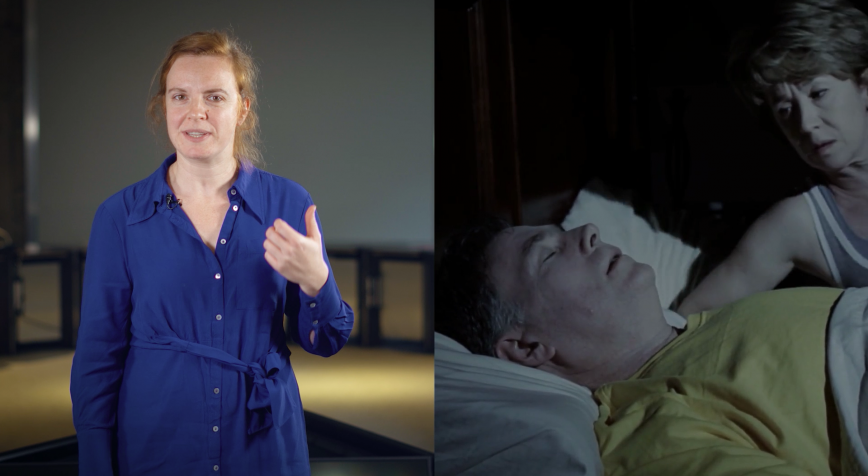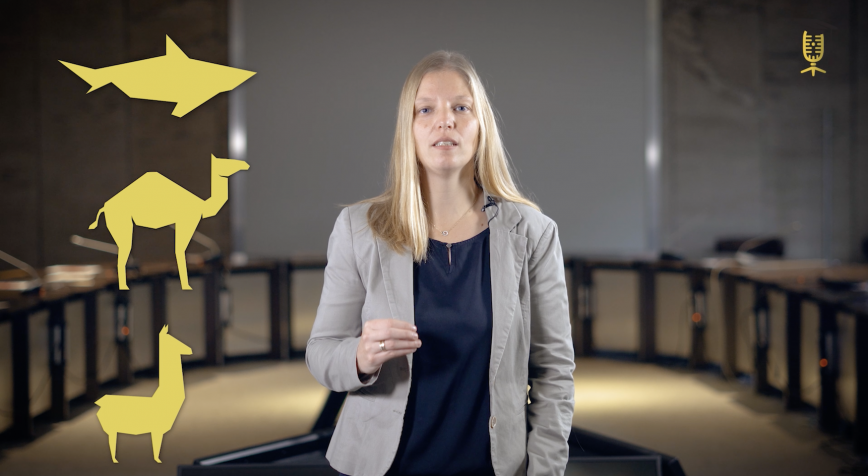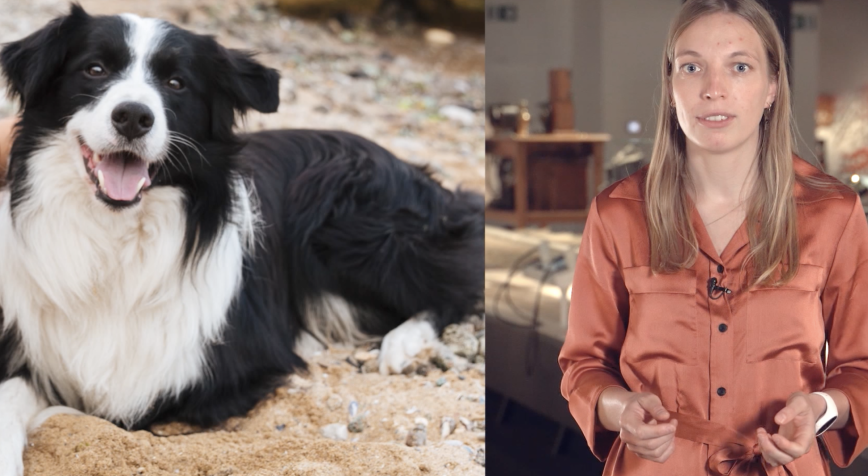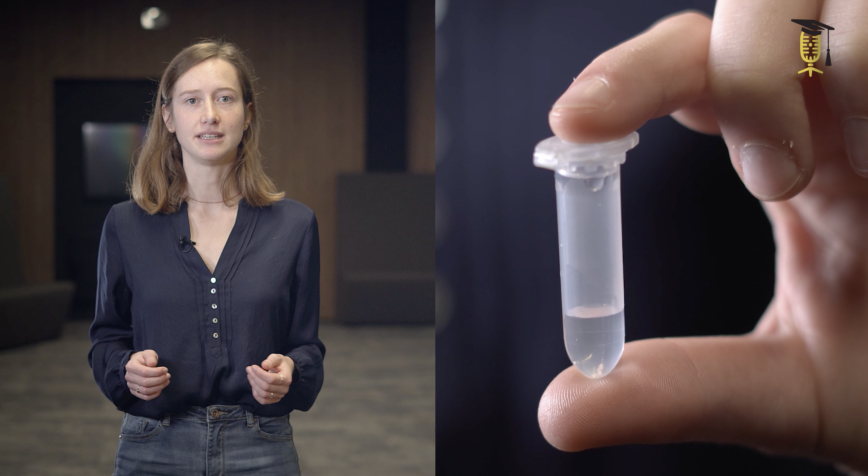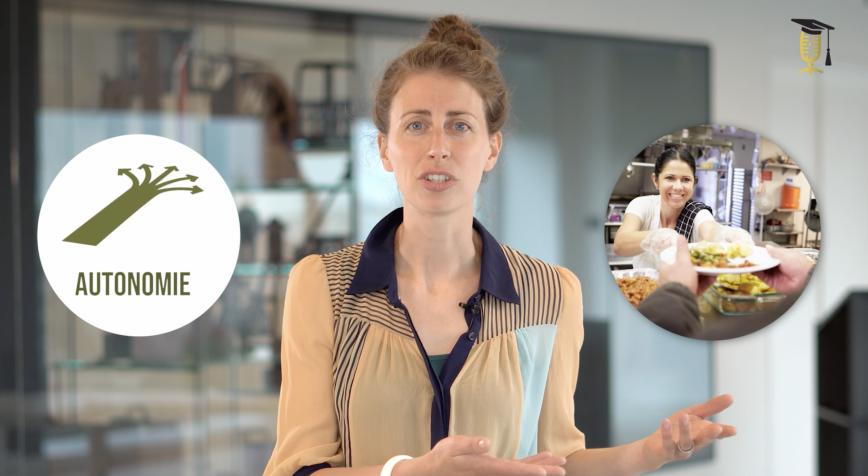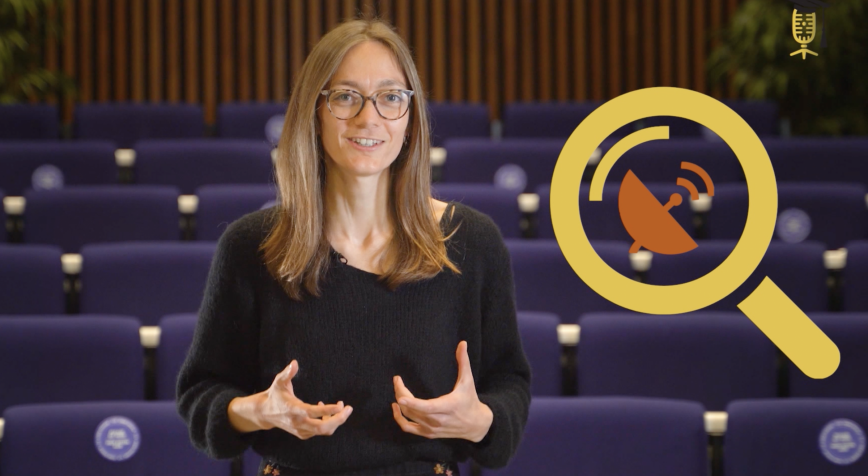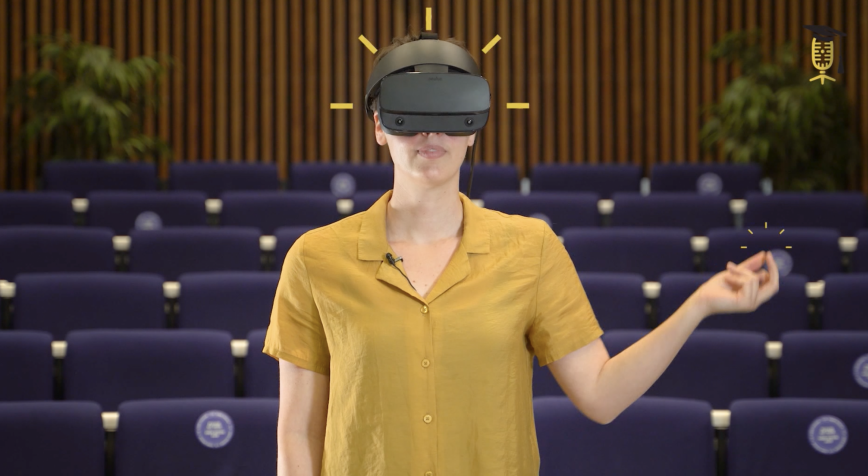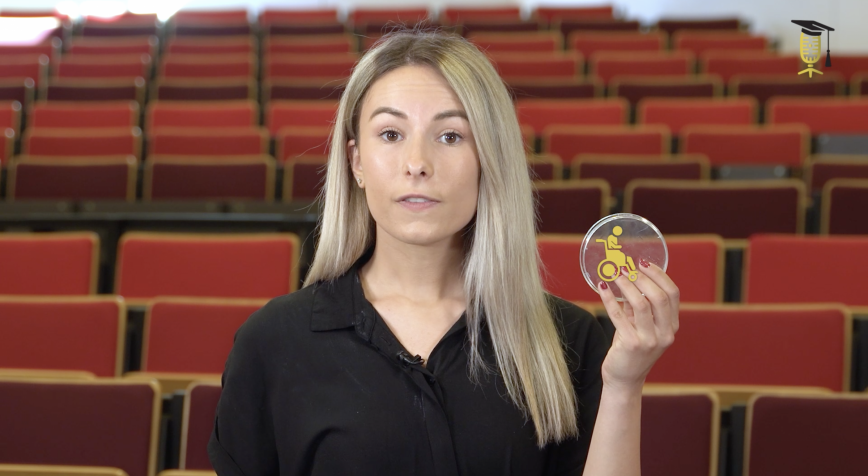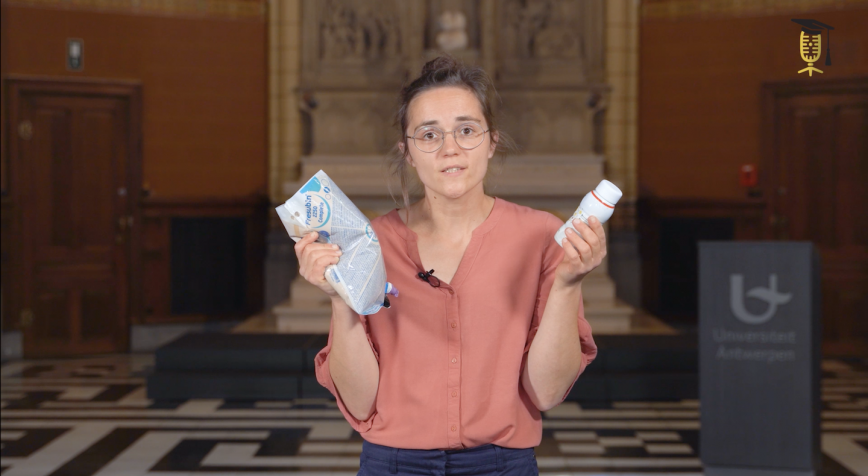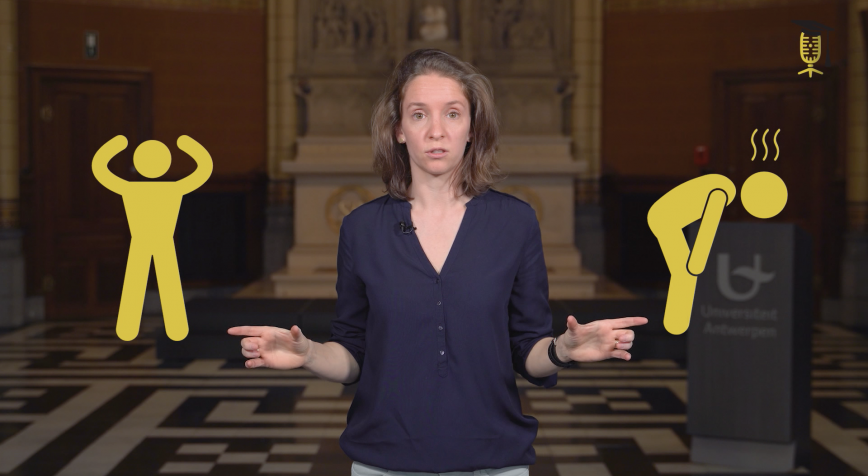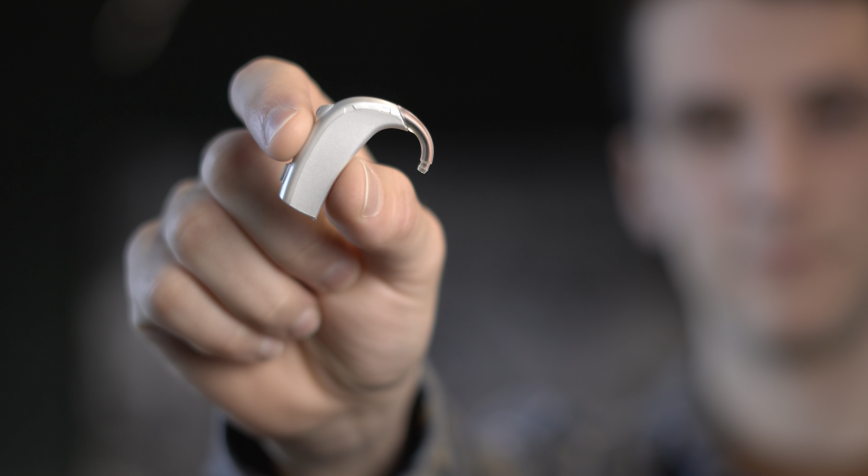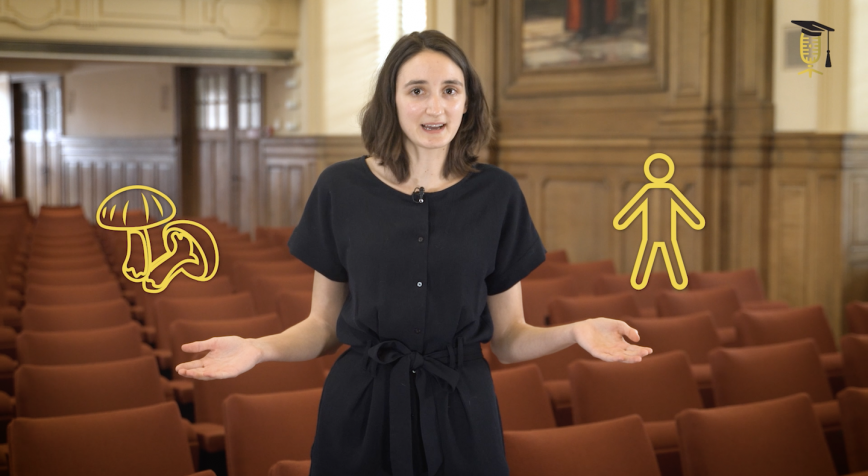
FWO
KU Leuven
The search for a medicine for life-threatening fungal infections
About 1 billion people contract a fungal infection every year. Often it is only a superficial infection, but in some cases, it is worse and the fungus can get into the bloodstream. If that happens, you only have one chance in two of surviving. Jana Nysten wants to help increase that chance of survival by looking for a new medicine.
